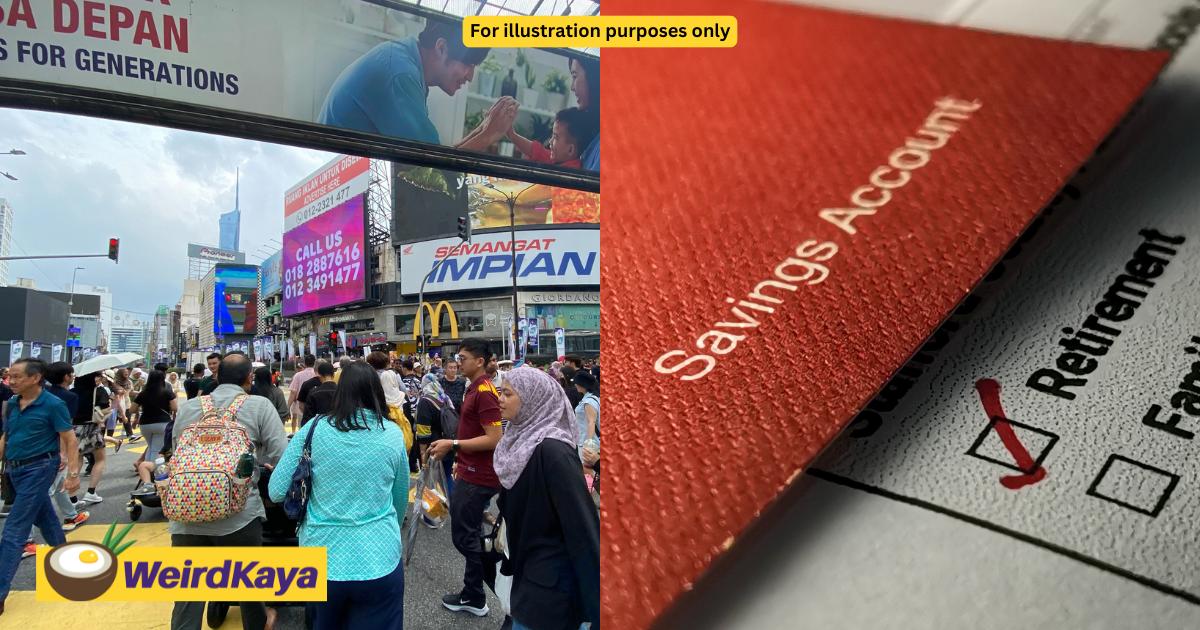Affluent Malaysians believe they need around US$830,000 (RM3.61 million) to retire comfortably, according to HSBC’s 2024 Quality of Life Report.
According to the HSBC survey defines “affluent” as people with investable assets between US$100,000 and US$2 million.
Lower expectation than Hong Kong
This target amount is lower than what affluent individuals in Hong Kong (US$1.08 million) and Singapore (US$980,000) expect but higher than in India (US$390,000) and Indonesia (US$340,000).
HSBC surveyed over 11,000 affluent people across 11 countries, including Malaysia.
About 73% of affluent Malaysians feel they’re on track with their retirement savings. Yet, nearly half (48%) said they plan to work after retiring—a slightly higher rate than the survey average of 47%.
Savings alone is not enough
Linda Yip, HSBC Malaysia’s Head of Wealth and Personal Banking, stressed the need for financial planning, saying savings alone might not be enough for a comfortable retirement.
“Financial planning and the right investments are essential,” Yip said.
She added that with Malaysia’s growing economy and its goal to become a high-income country, many affluent Malaysians are investing nearly 24% of their monthly income to secure their future.
Affluent Malaysians have a detailed financial plan
The report also revealed that half of affluent Malaysians have a detailed financial plan.
Key steps for retirement planning include having a clear plan (84% of Malaysians do), knowing how much they need for retirement (86%), reviewing their retirement savings regularly (88%), and sticking to a savings plan (86%).
Malaysia ranks second highest in “retirement planning” among the countries surveyed.
Top retirement worries for affluent Malaysians are declining health (44%), rising healthcare costs (40%), and inflation reducing their savings (38%).
For 44% of respondents, having enough insurance is a key financial goal.
Additionally, 72% of affluent Malaysians consider themselves “wealth planners” who prioritize growing their wealth—a higher percentage than in Singapore (61%), Taiwan (61%), and Hong Kong (60%).



